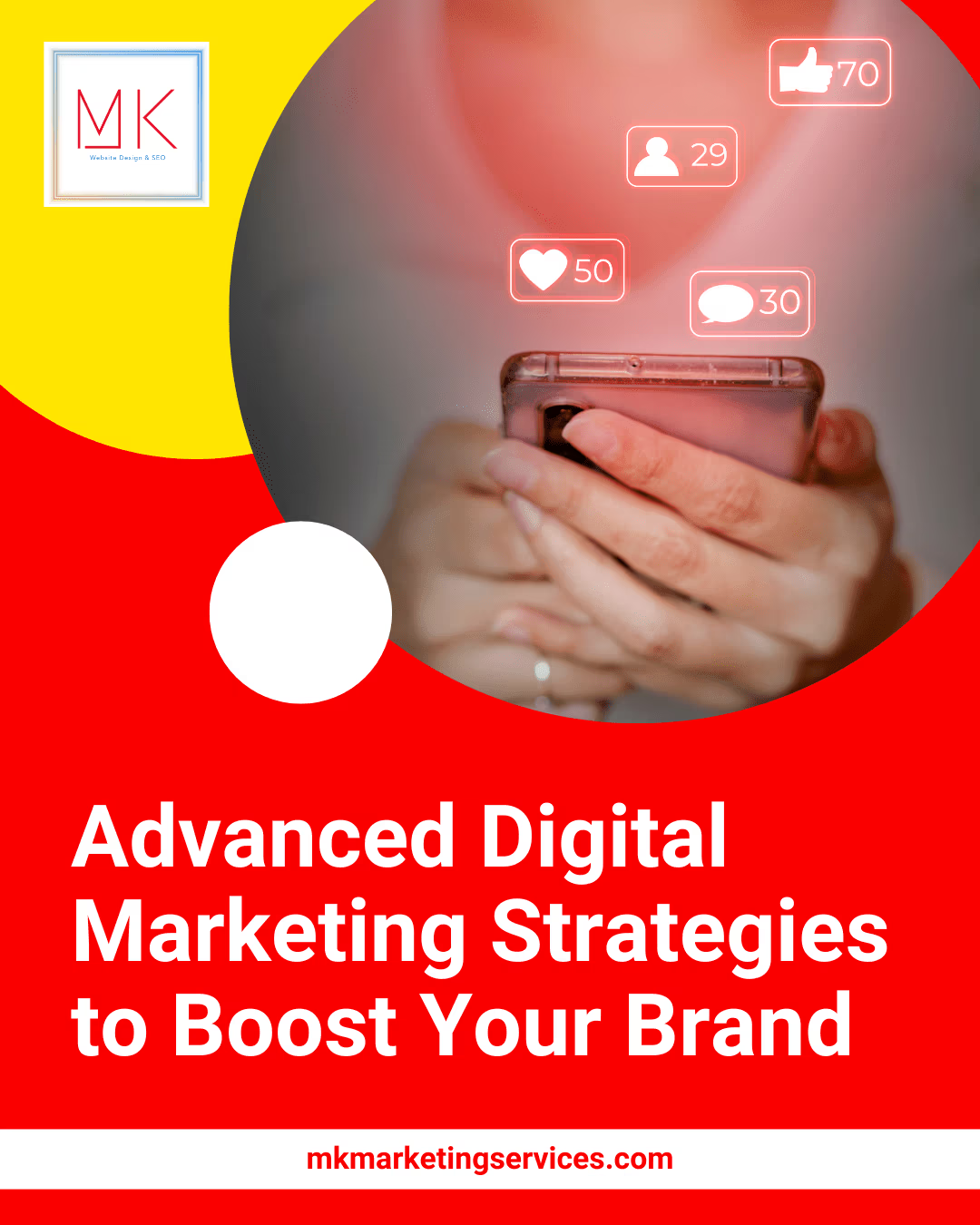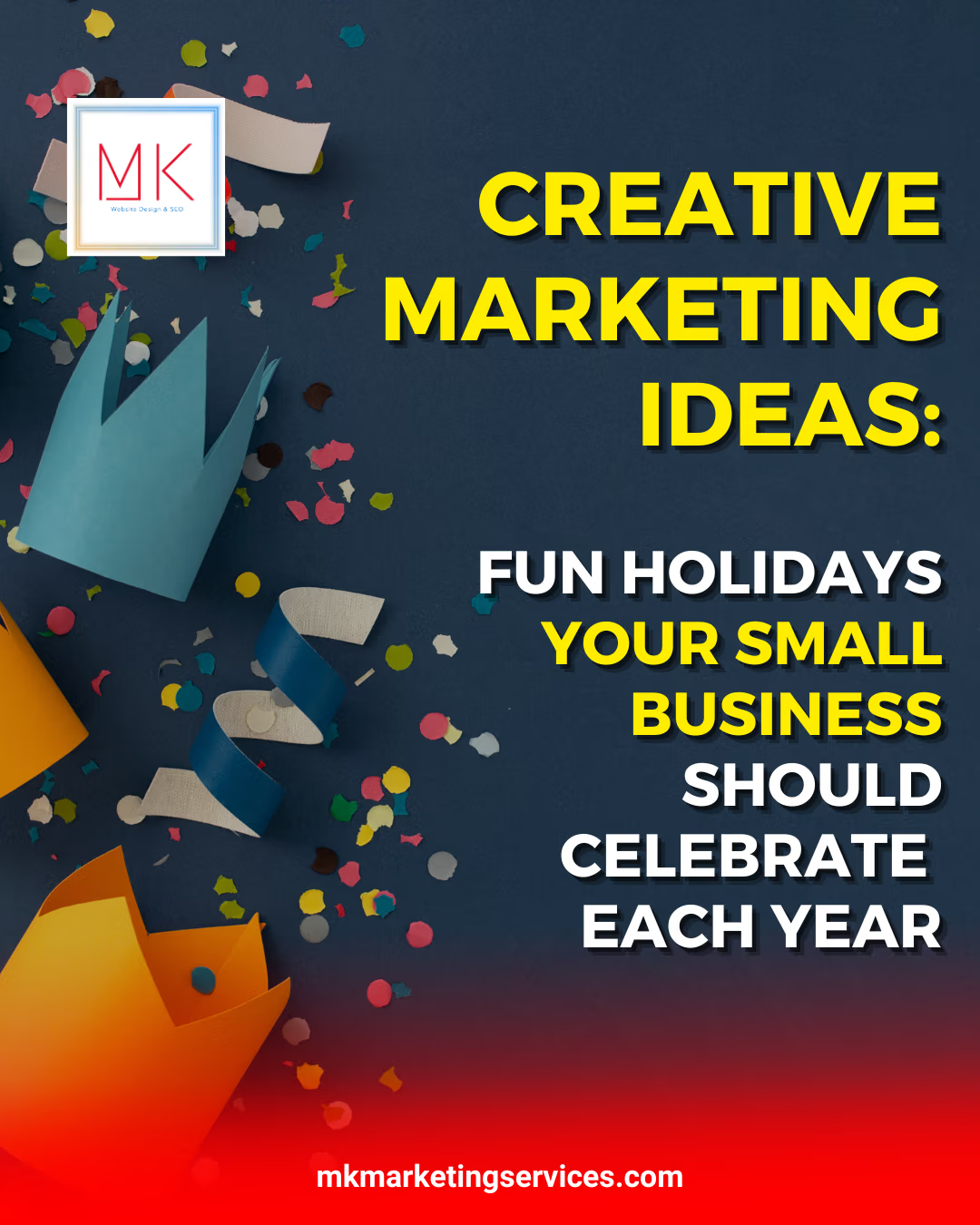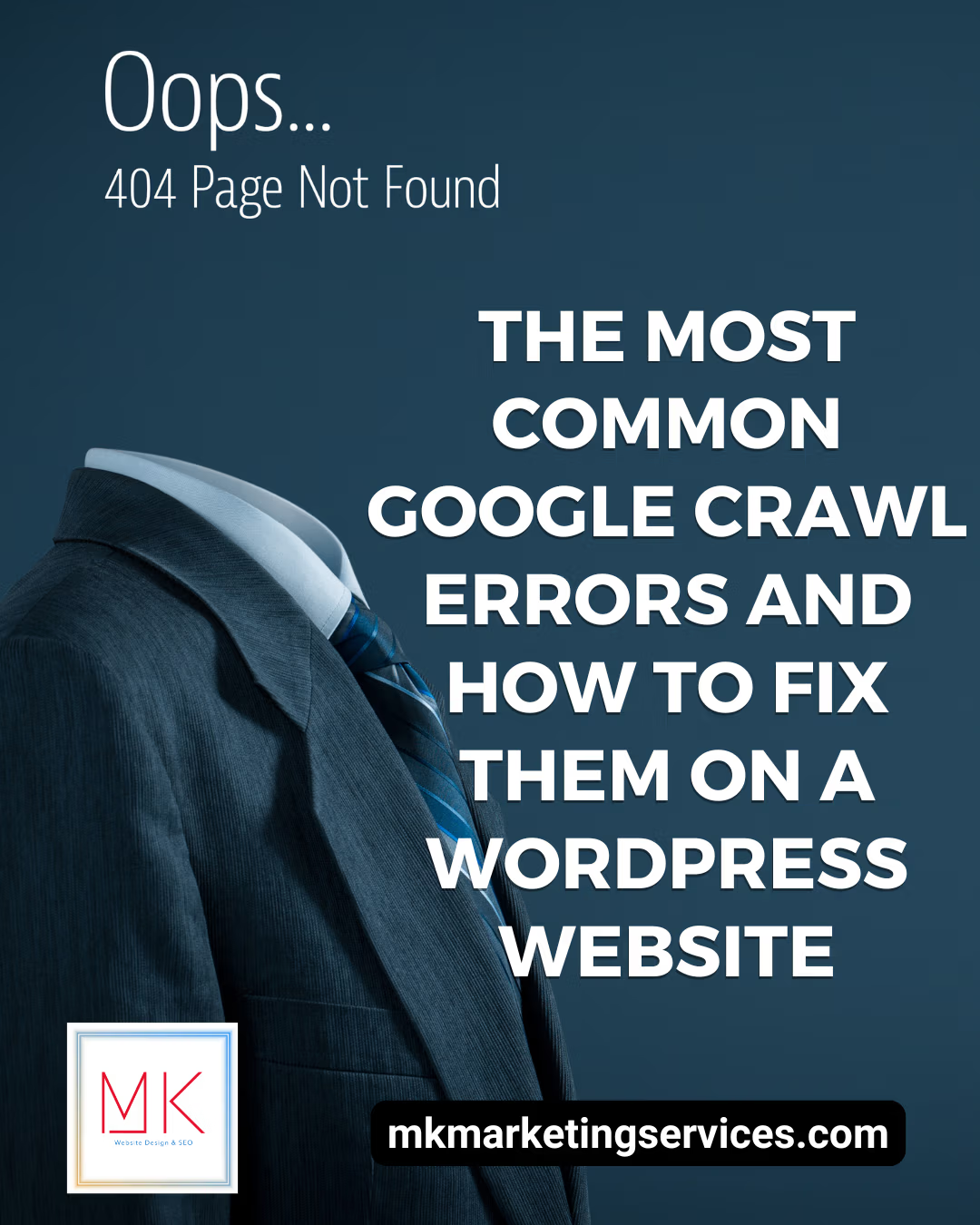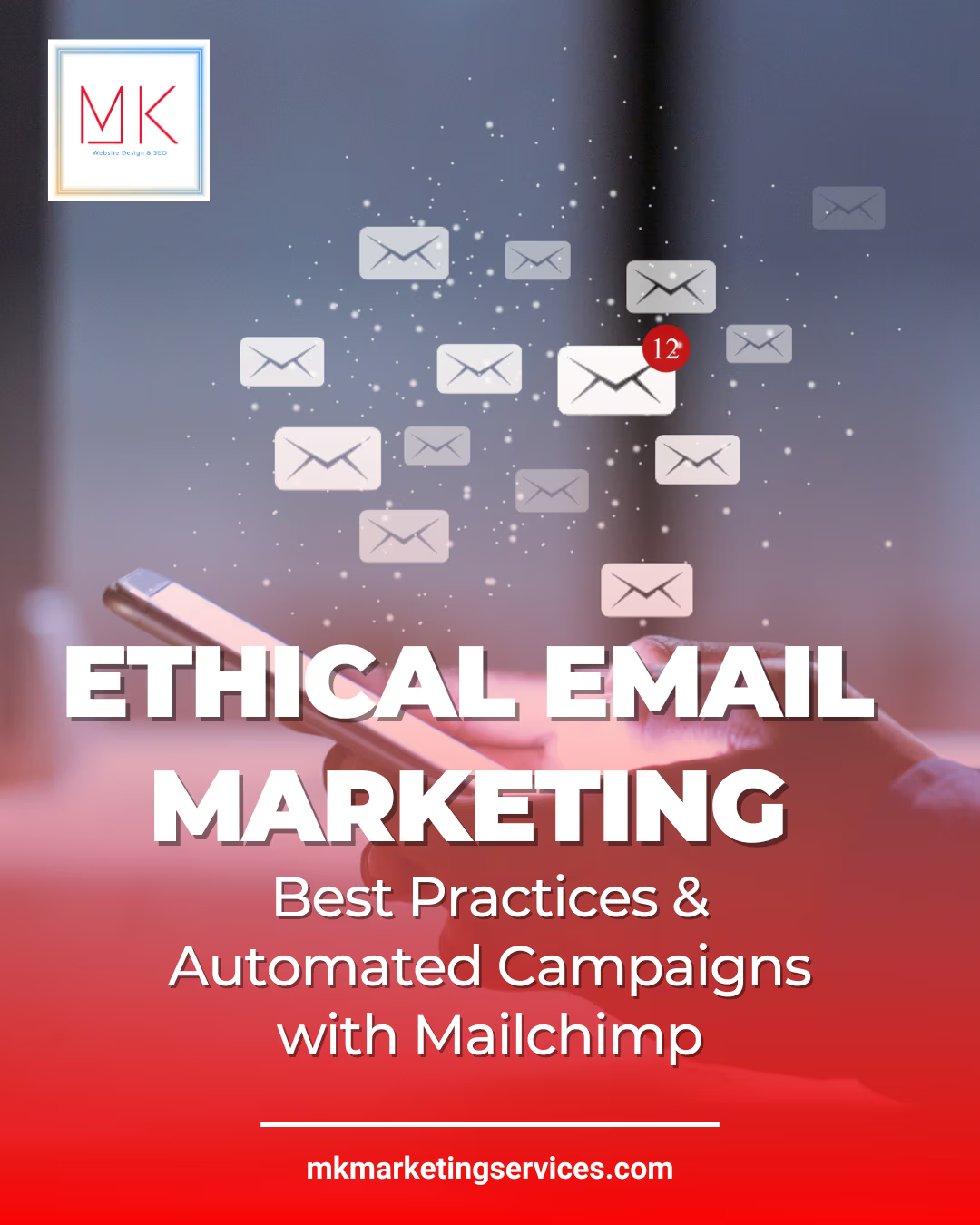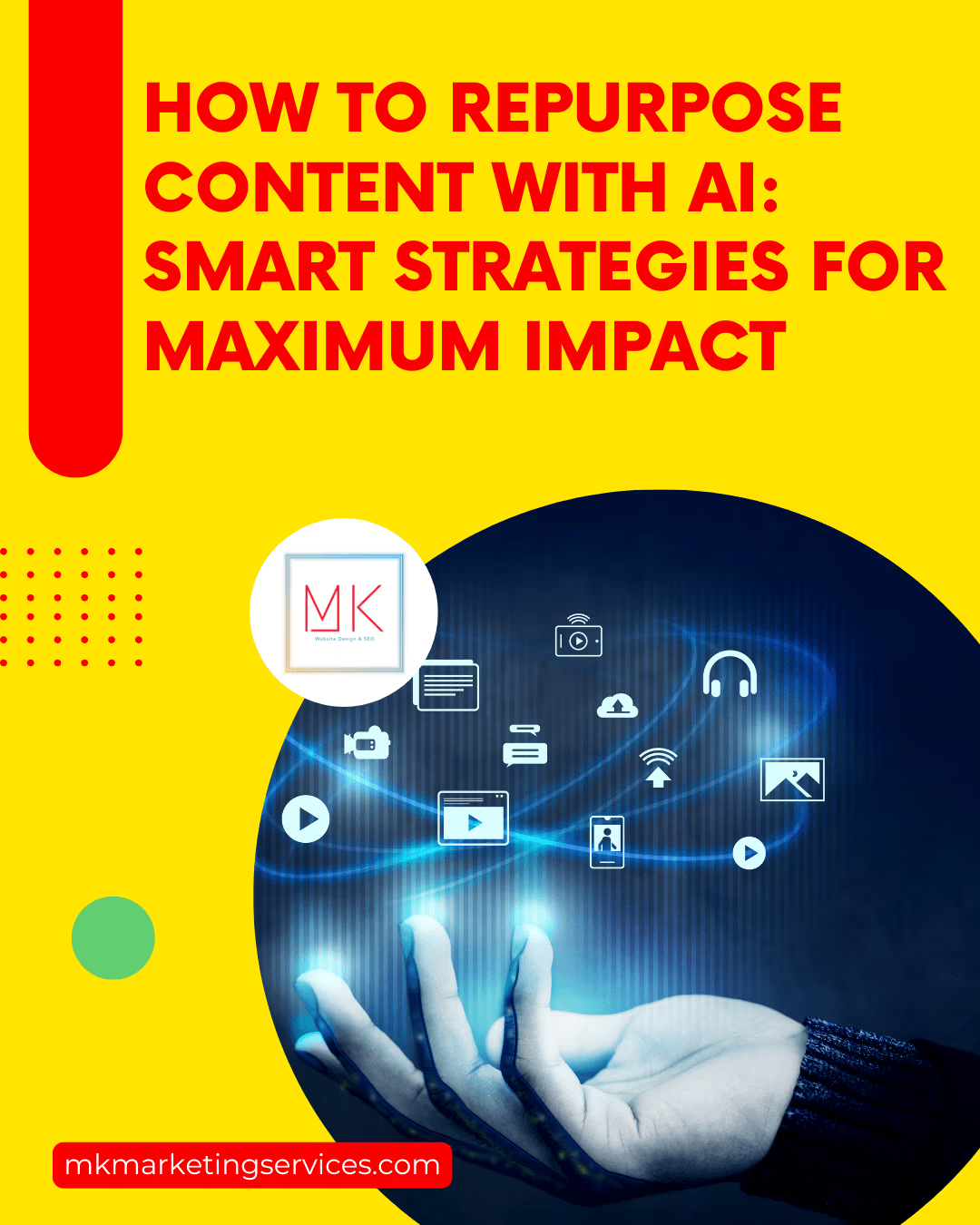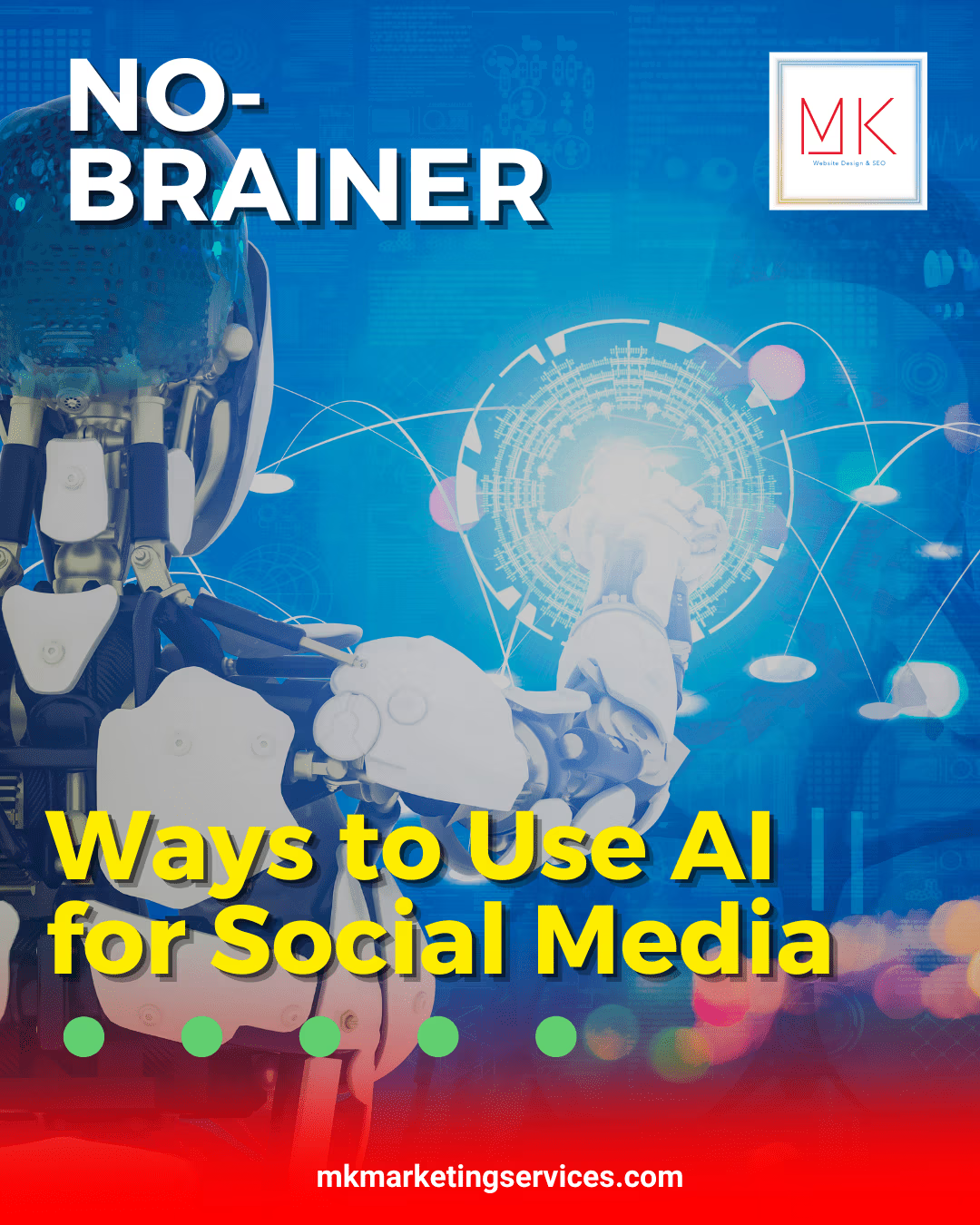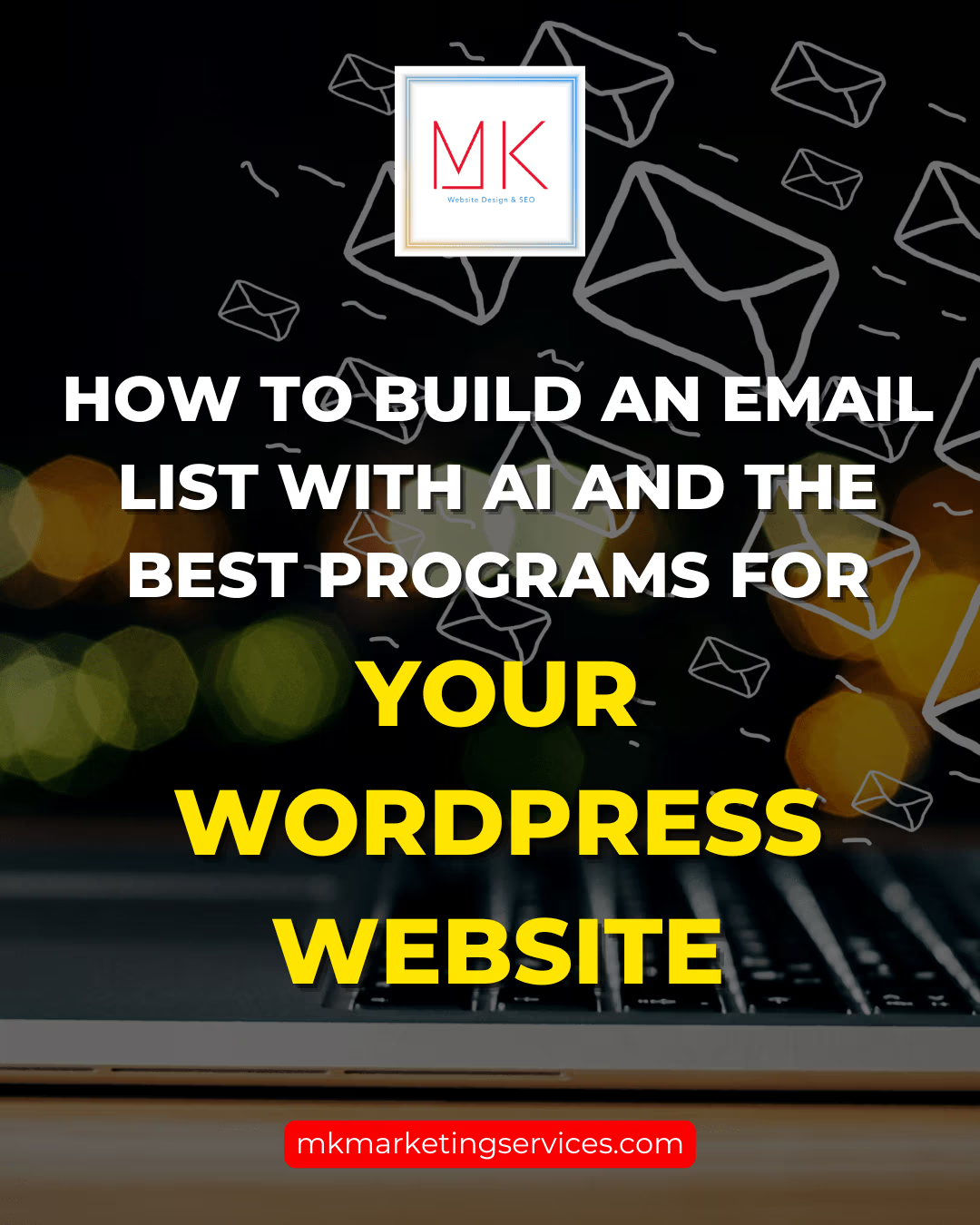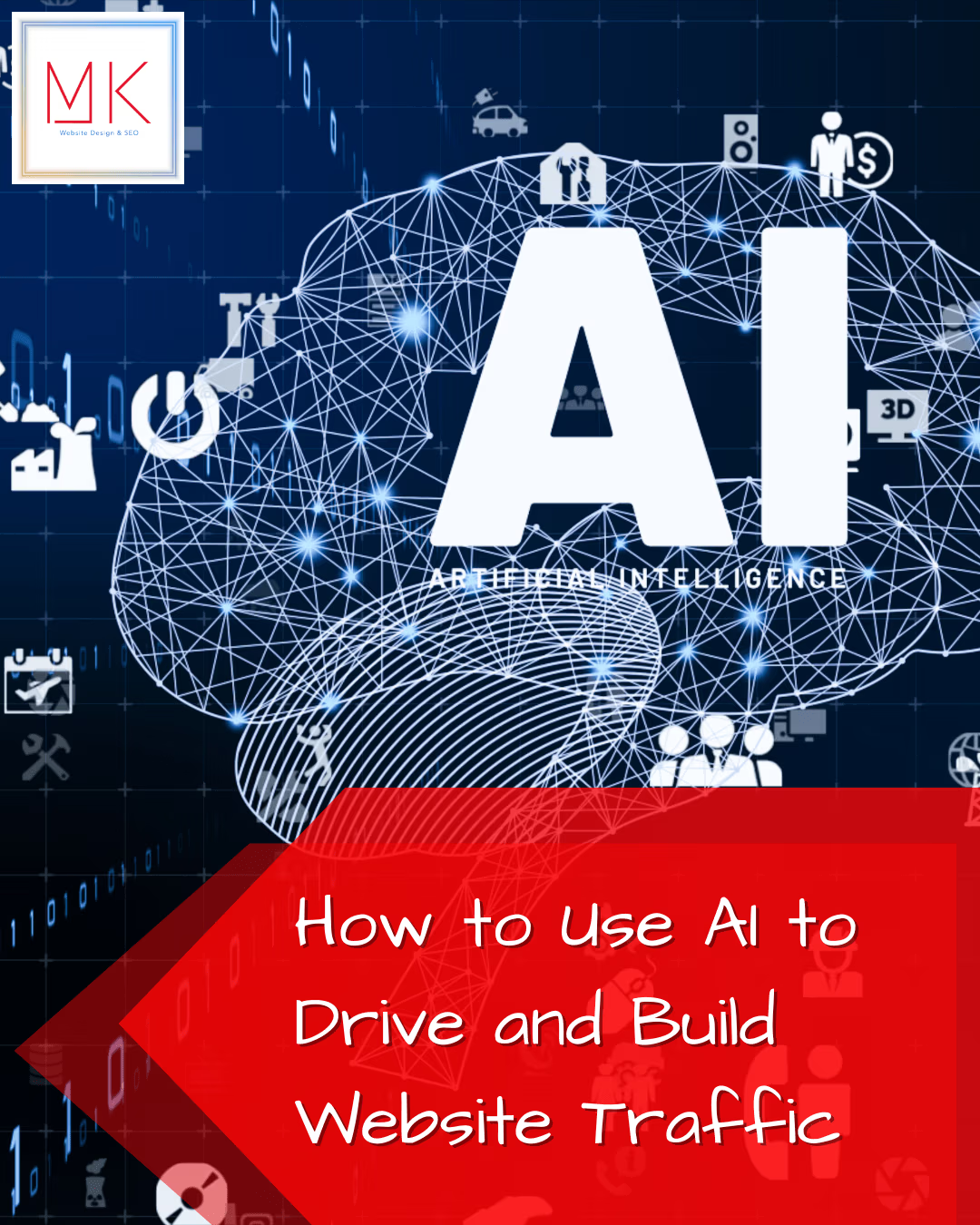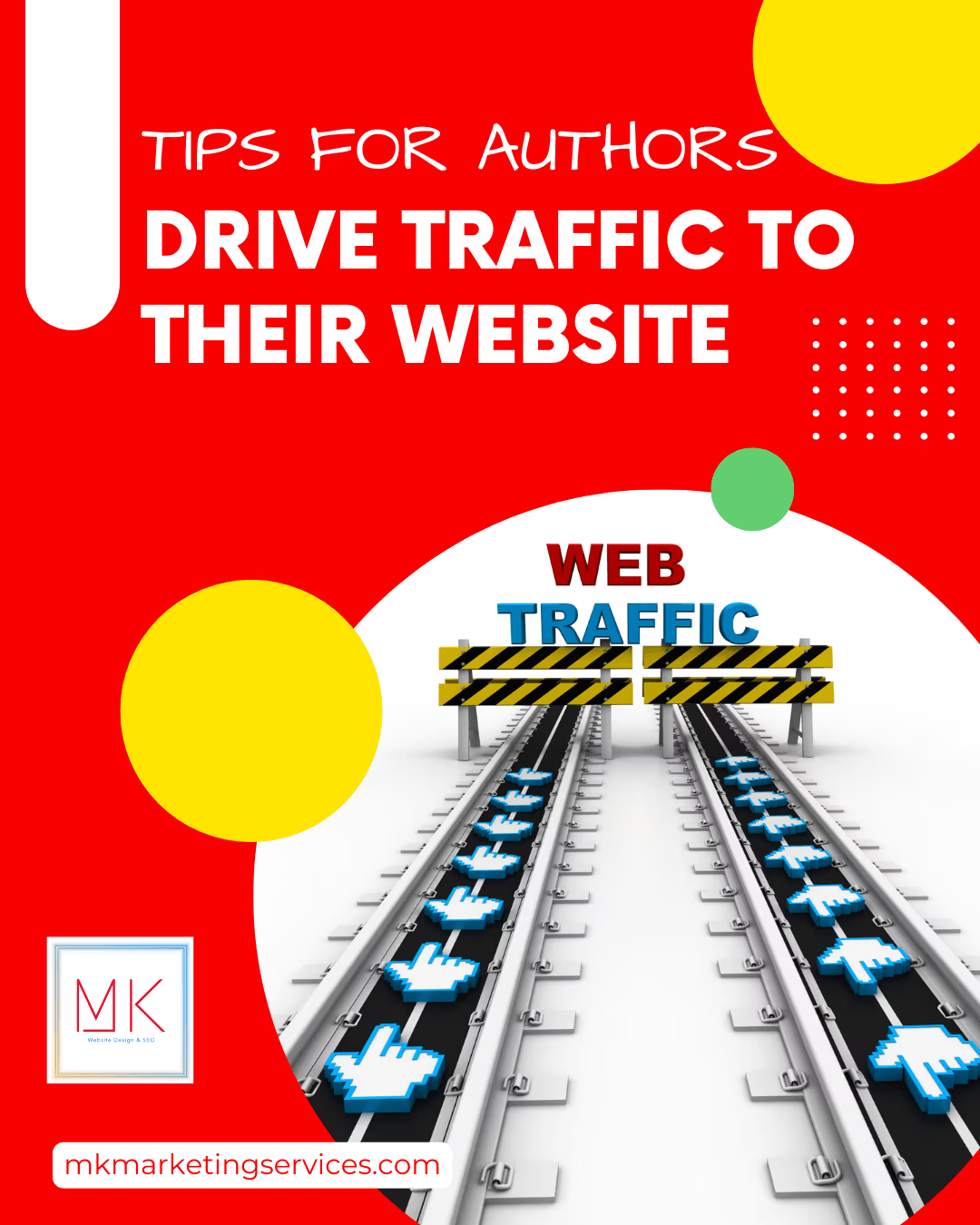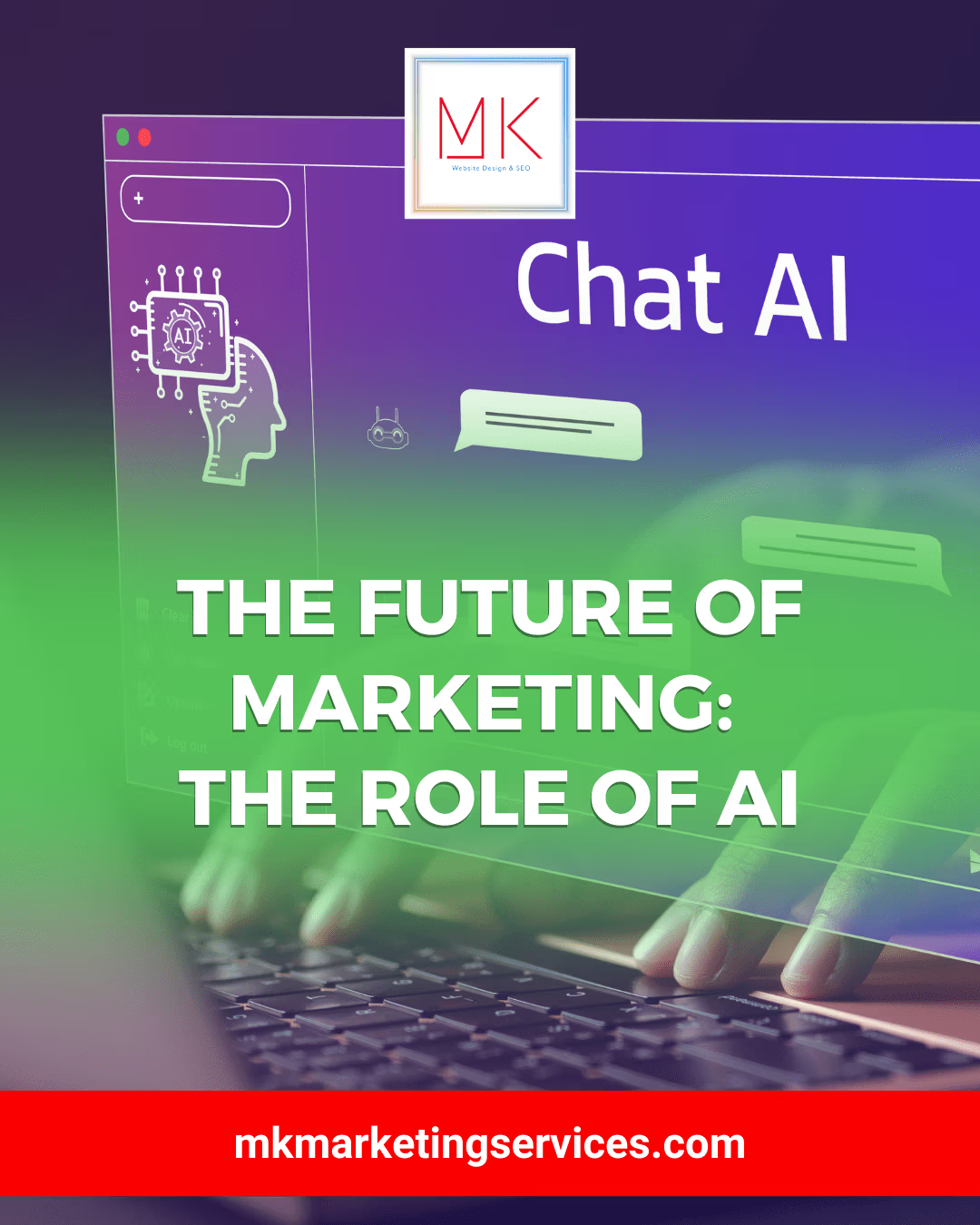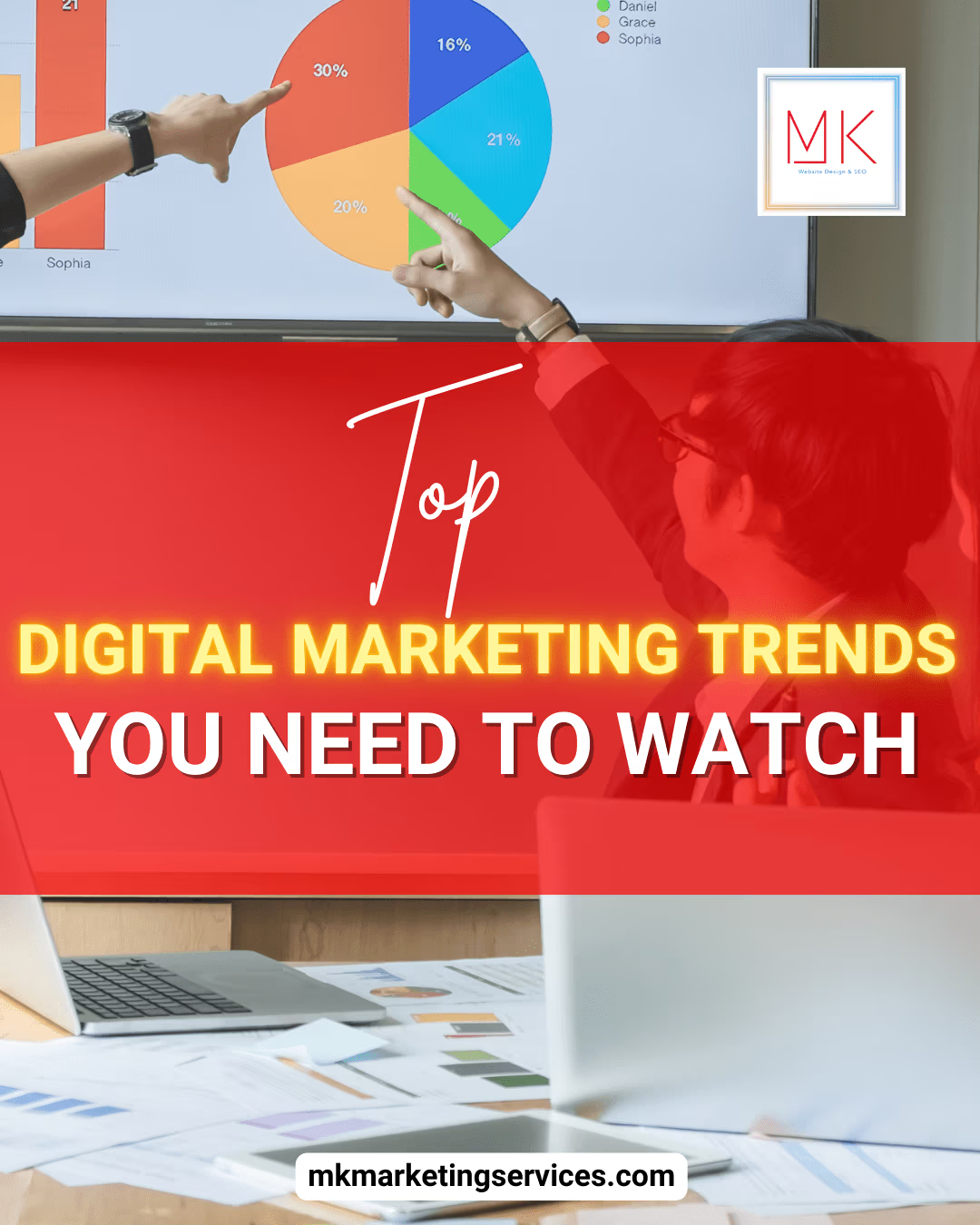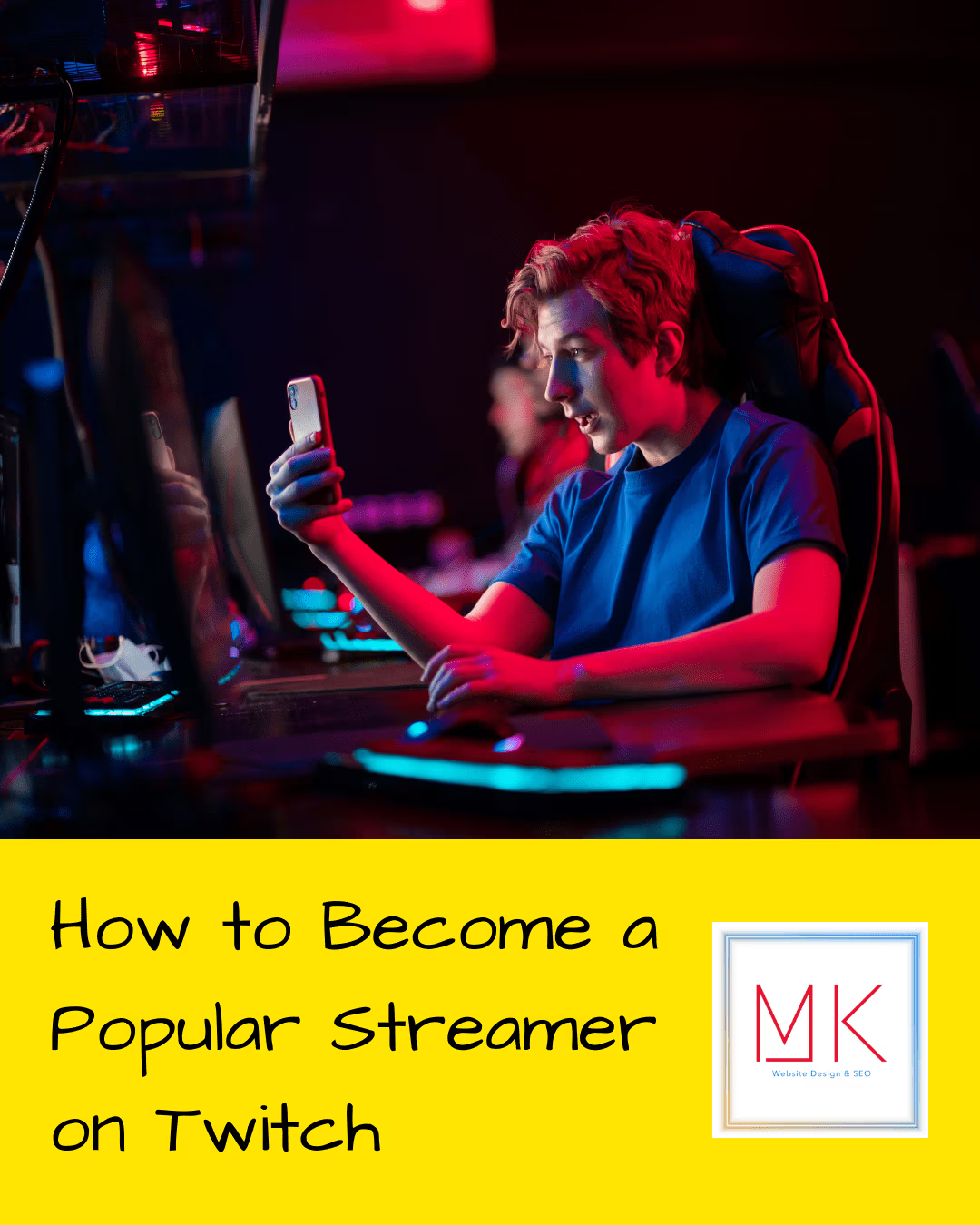Is your brand prepared for the upcoming digital marketing revolution? Conventional advertising methods could be more effective in the current technologically advanced society. To keep up with the competition in the ever-changing digital market, companies need to be flexible. However, is your company prepared to ride the digital marketing innovation wave of the future? Keeping ahead of the competition requires knowledge and skill in cutting-edge digital marketing methods. To guarantee that your company’s digital presence is robust, flexible, and successful, this article delves into innovative strategies that may take your brand to greater heights. By delving into these tactics, you may improve your chances of attracting your ideal consumers, turning leads into loyal patrons, and creating a memorable brand identity in today’s competitive market.
- Data-Driven Marketing
Contemporary digital techniques rely on data-driven marketing. By using analytics, brands may learn a lot about their customers’ habits, tastes, and buying habits. Using this method, campaigns may be fine-tuned to reach specific demographics. Businesses can now gather and evaluate data in real time with the help of advanced technologies like analytics platforms driven by AI. This gives them the accuracy they need to make educated choices. With data-driven marketing, organizations can optimize ad spend, personalize consumer experiences, and forecast future trends. Investing in advanced analytics tools and personnel may boost campaign success and encourage a growth mindset within your marketing team.
- Personalization at Scale
Customers today anticipate that businesses will provide personalized experiences, and personalization significantly differentiates digital marketing. Nevertheless, using sophisticated tactics and resources is necessary to tackle the problem of personalization at a scale. With the help of AI and ML, brands can build dynamic profiles of their customers, allowing them to communicate with them on a more personal level and provide them with more relevant product suggestions. Giving each encounter a personal touch increases client happiness and loyalty. Increased engagement and revenues can result from tailored website experiences, for example, or via more open and conversion rates in personalized email marketing. Brands must ensure that each touchpoint contributes to the consumer experience and include customization in all parts of their marketing if they want to thrive.
- Omnichannel Marketing
Social media, websites, email, and brick-and-mortar storefronts are ways modern customers engage with companies. An omnichannel strategy seeks to unify and standardize all these points of contact. Regardless of the channel a client chooses to interact with, this approach guarantees they will receive a consistent message. Advanced technologies such as customer data platforms (CDPs) and AI-driven automation are utilized for companies to coordinate their message and offers across channels. Brands can improve customer retention, lifetime value, and relationship strength by embracing an omnichannel strategy and creating a consistent brand experience across all channels. To make omnichannel marketing work, brands need to know their customers’ likes and dislikes so that they can send personalized messages on the proper channels at the correct times.
- Influencer Marketing 2.0
The original goal of influencer marketing has expanded beyond just endorsing products. The key to success in today’s marketing is establishing trustworthy relationships with consumers through influential people whose values are congruent with yours. In this cutting-edge method, companies team up with influencers with a solid rapport with their audience to produce natural-sounding, reliable content. In this field, micro-influencers—those with smaller but very active audiences—have grown in importance. These genuine voices allow companies to connect with specific audiences and forge deeper connections with prospective buyers. Successful influencer marketing campaigns prioritize long-term partnerships over one-off promotions to maintain an authentic and consistent reinforcement of the brand message.
- Video Marketing
Brands that want to engage audiences must use video marketing strategies, as video content continues to rule the digital landscape. From short-form content on platforms like TikTok and Instagram Reels to WooCommerce product videos, video marketing offers endless storytelling and brand-building possibilities. Using data to learn what your audience loves, making visually stunning videos with top-notch production, and adding interactive features like polls or shoppable links are all part of advanced video strategy. Furthermore, live streaming has evolved into a potent instrument for real-time interaction, enabling brands to establish an immediate and genuine connection with their audience. With more and more people watching videos online, brands must ensure their videos are exciting and diverse to keep viewers engaged.
- Content Marketing 3.0
Content marketing has always been a cornerstone of digital strategies, but the next generation, Content Marketing 3.0, is about going beyond traditional blog posts. This advanced approach focuses on creating diverse content formats, such as podcasts, interactive infographics, and virtual reality experiences, to engage audiences in new and innovative ways. Brands are now expected to provide value through content that educates, entertains, and inspires. Brands can increase organic traffic, solidify their position as market leaders, and forge stronger relationships with their audiences by employing sophisticated content strategies. Staying ahead of content trends, experimenting with new formats, and continuously measuring performance to refine your approach is essential for excelling in Content Marketing 3.0.
- AI and Automation
Brands’ digital marketing strategies are being revolutionized by automation and artificial intelligence (AI). These technological advancements make better campaign management and customization possible, simplifying processes. AI can analyze vast data to predict trends, optimize ad targeting, and create content. On the other hand, automation tools handle repetitive tasks like email marketing, social media posting, and customer segmentation, freeing up time for marketers to focus on strategy and creativity. Integrating AI and automation into your marketing operations can lead to significant cost savings, improved campaign performance, and a more agile marketing team. As these technologies advance, companies embracing them will be better positioned to respond to shifting market conditions and customer habits.
- Social Commerce
Social commerce is the intersection of social media and e-commerce, allowing brands to sell products directly through social platforms. This method uses the power of social media to provide a seamless shopping experience where users can find, explore, and purchase items without leaving the app. Platforms like Instagram, Facebook, and Pinterest have integrated commerce capabilities that make this possible. Advanced social commerce methods encompass making shoppable posts, establishing influencer alliances to promote purchases, and employing user-generated content to create trust and authenticity. As customers increasingly look to social media for purchasing inspiration, firms that capitalize on social commerce will be able to tap into new income sources and strengthen their online presence.
- Voice Search Optimization
Voice search optimization is becoming an essential element of digital marketing strategies as the popularity of voice-activated devices such as Amazon’s Alexa and Google Home continues to increase. Unlike conventional search, voice searches are typically more conversational, forcing firms to adapt their content accordingly. Advanced tactics include focusing on long-tail keywords, providing content that answers concerns, and ensuring your website is mobile-friendly and fast-loading. Voice search will likely develop dramatically in the following years, making it necessary for companies to prepare now. By optimizing for voice search, companies can boost their presence in search results, reach a bigger audience, and remain ahead of the competition.
Conclusion
Being ahead of the curve is essential for brand success in an ever-evolving digital market. Companies can build more successful and inventive campaigns by embracing sophisticated digital marketing tactics such as data-driven marketing, customization, multichannel marketing, and AI integration. These techniques boost client interaction and ensure that your company remains relevant in a continuously changing industry. As you execute these approaches, remember that constant learning and adaptability are crucial. The digital marketing landscape will continue to develop, and nimble and forward-thinking businesses will be best positioned to prosper. Now is the moment to adopt these innovative methods and push your business to new heights in the digital realm.

